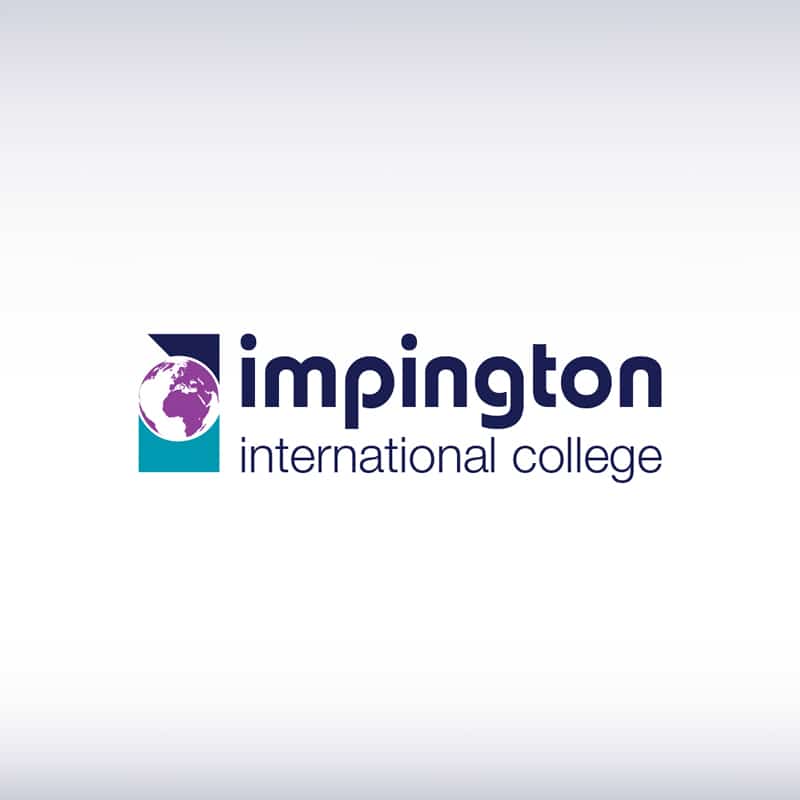
Jo Sale, Vice Principal, Impington International College
A student’s journey at school comprises a number of big milestones. It shapes a young adult’s future pathway as they move into higher education or the world of work and cannot be overlooked. 2020 was a memorable year for both students and teachers; no one was able to physically be in school due to the national lockdown coupled with examinations being cancelled, our students were unable to fulfil the important rituals of closure that those final few months of their journey with us signify. As 2021 looks to forge the same pathway, I worry that this decision could be detrimental for our students.
Over the last strange year, I have seen an unquestionable shift in the way that they feel about examinations – which mirror my own views! Following the uncertainty of the past year, when it comes to next summer, our students, especially Year 13, want to sit their examinations more than ever. There is, of course, a level of anxiety from some about what will happen if they are self-isolating during the examination season. That being said they are all so self-motivated, and they all want to use the examinations to prove themselves and show what they’re made of!
Although examinations do signify an end to a student’s time at sixth form, for me, they mean so much more than just a grade on a piece of paper. While end of year examinations are needed, both for students to mark the end of their journey with us and to put their hard work into practice, it remains important to maintain a breadth of assessment throughout our students’ two years with us, so that they can develop as individuals ready for whatever they choose next. At Impington International College, we teach the International Baccalaureate (IB) Diploma Programme (DP) and the IB Career-related Programme (CP). A huge advantage of the IB is that its assessment methods focus on the development of skills and applied knowledge rather than solely teaching to pass tests.
We measure the development of skills and knowledge in a number of ways including regular data collections, mock examinations and forecast grades. It’s tempting to work on these skills throughout the two years of sixth form and test our students at the end of the course when they are at optimum level. However, we have learnt that through staggered assessments, work is evenly spread and there is no burn out at the end, meaning students are more prepared and engaged with their final examinations. We also ensure that we have a number of peer assessments (where students assess and mark each other’s work) throughout our subjects. It’s vital that we give our students a variety of assessment and feedback methods, giving them the independence and choice of how to structure their subsequent learning and revision.
This independence is developed through a number of the assessment methods during the two years that students spend with us; it’s always interesting to watch our students grow into this way of independent learning. The extended essay, for example, which is a self-directed piece of research conducted by DP students, drives this independence and, importantly, individual learning. As this is a self-directed piece, it gives our students the skills they need in order to know how to tailor their learning, expertly adapting as they move through sixth form, culminating in the final examination.
Methods of assessment through the DP not only prepare our students for their final examinations but for the big shift that they face when they move to university, not to mention the world of work. What our students come to realise is that as they progress out of education, assessment doesn’t stop, you are just tested on different things and in different ways. While students who have followed a linear assessment method may come out with the high grades, they don’t know how to learn in a variety of different ways – the IB gives students diverse approaches to learning, a breadth that is incredibly important for success beyond sixth form.
If this past year of education has taught us anything, it is that our students are resilient and that they know how to adapt. Examinations, alongside the other essential methods of assessment, have had to adapt too and removing them would mean that our students are not given the chance to put the skills that they have learnt, and been assessed on throughout their time at sixth form, into action, complete the rite of passage and get that all important closure at the end of their school years.
